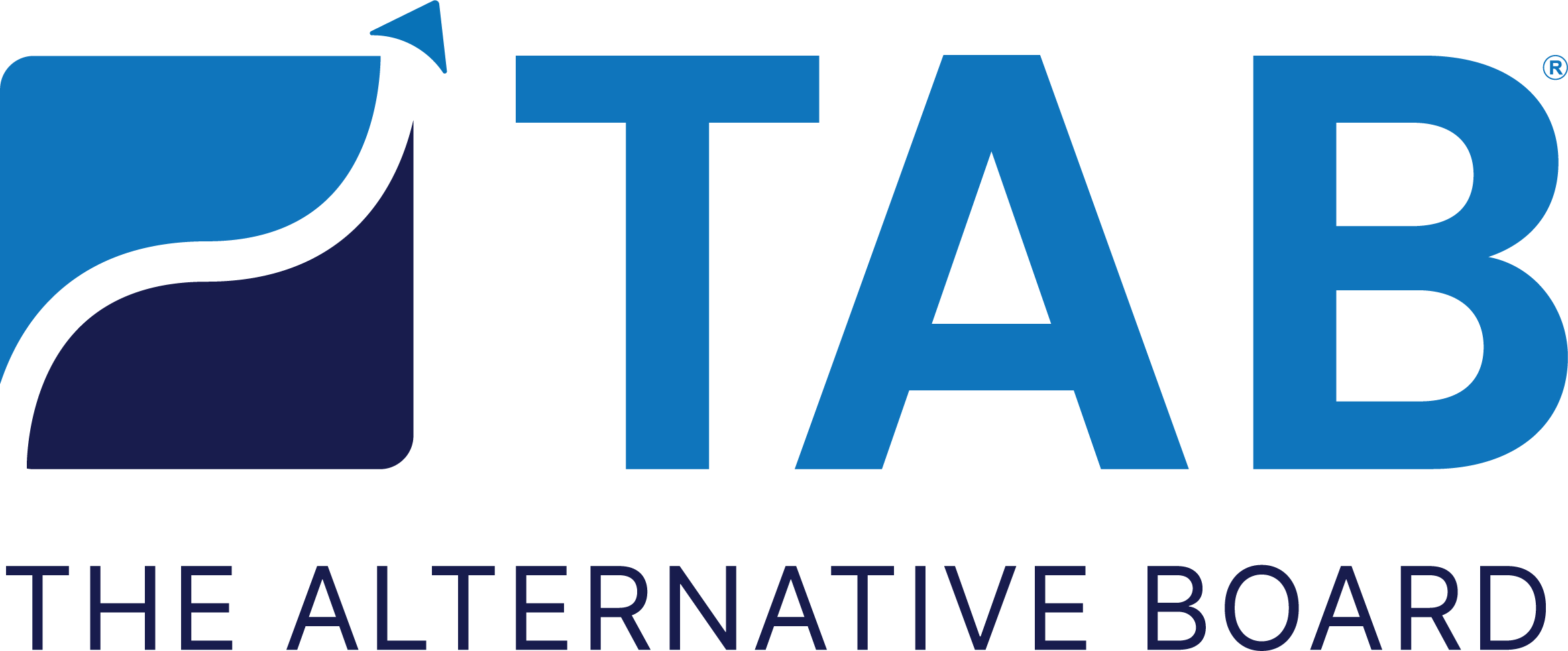Why Small Business Owners Need to Understand Their Financials
Photo by Karolina Grabowska
*Just uploaded, as featured in the Long Island Business News*
From years of working with small business owners, it is clear to me that many small business owners don’t know how to read their financial statements, and don’t utilize them when running their business.
Financial statements are the reports that detail a company’s financial performance and profitability for a defined period. The three basic financial statements are: balance sheets, income statements (or profit and loss statements), and cash flow statements.
Financial statements are important because they inform stakeholders (creditors, regulators, and the like) of a company’s overall financial health. For the business owner, understanding their company’s financial position is critical to its success.
Oftentimes, smaller service businesses are too focused on cashflow, and they don't really think about the balance sheet - yet the balance sheet is the most important part of the financial statement.
In a service business, it really is more cashflow driven – say you’re talking about a manufacturing facility that's got a lot of assets and produces something, it's a totally different concept and you really need to manage both the balance sheet and the profit and loss. But the interrelationship is something many business owners have difficulty with - they don't understand why, for example, the K-1 shows their income, but they have no money in the bank.
It can be challenging for business owners to follow and comprehend the whole interplay between receivables, between payables, between the cash that comes in and the cash that goes out, and how those things are affected in the flow of business.
I've got a couple of coaching clients who tell me they want to learn accounting to fully understand their company’s finances; I say I can lend them my accounting textbooks - I taught accounting in college - but they’re never going to have the time they need to invest to learn it.
Nor do they need to. Business owners may well reach the point where it makes more sense to hire somebody that has this knowledge and expertise. Once the business gets to a certain point that's what I recommend.
While you don’t need to become an accountant or a CPA to read a financial statement, you do need a certain level of knowledge to monitor the numbers and successfully run your company.
The first step for every business owner is to work out what all the numbers on their profit and loss and balance sheet are telling them. With that knowledge, projecting out those numbers for the following year is much more manageable, and with that you have an incredibly powerful roadmap for how your company is going to make money for the next 12 months. Valuable, right?
A good place to start for business owners who want to learn is the Khan Academy; looking at their accounting resources can help with a better understanding of the basic debits and credits that you really need to know.
Getting to grips with their financials will help business owners better understand their bottom lines and make more informed business decisions, and that’s a great foundation to build on.

